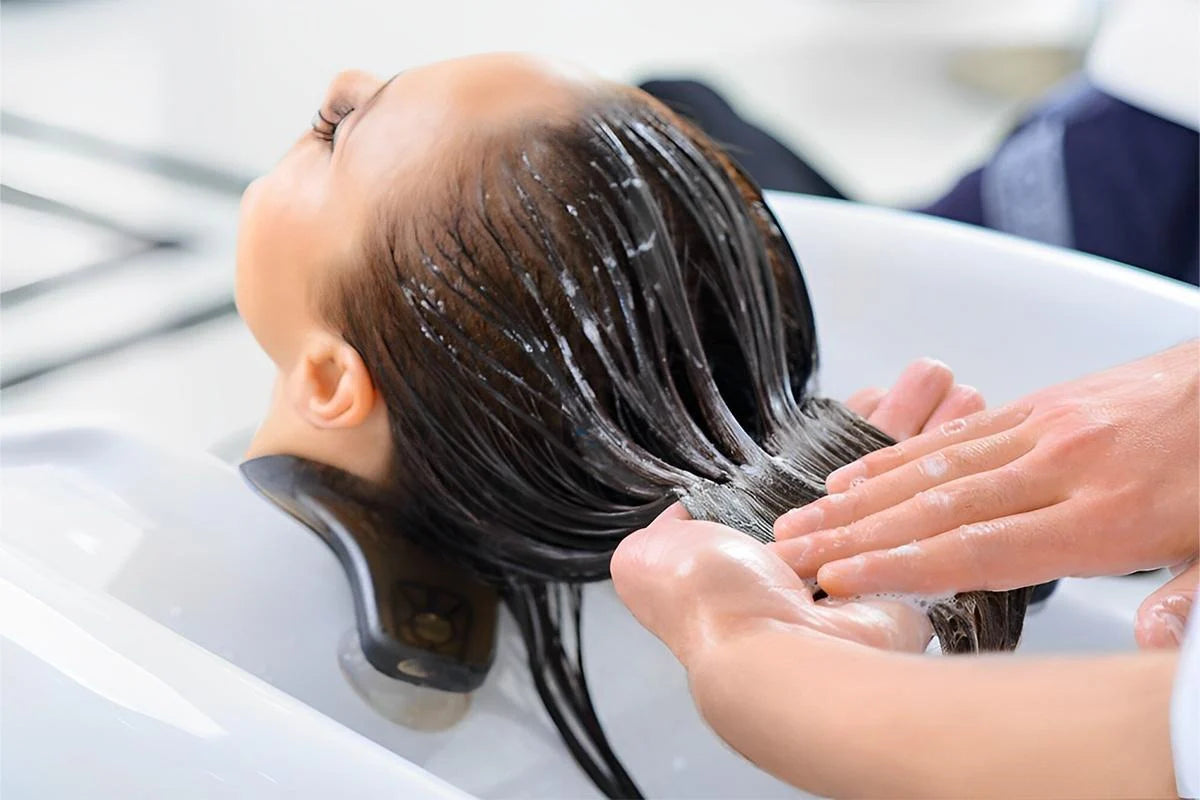What Shampoo Is Bad for Your Hair? Avoid These Ingredients!
As a skilled beautician, you might have often wonderedwhat shampoo is bad for your hair? With an overwhelming number of products available in the market, it's crucial to know which ones might harm instead of help. Many shampoos can be the hidden culprits that affect scalp health, texture, and hair strength. Lets untangle the mystery behind bad shampoos to keep your clients happy and their hair healthy.
Not all shampoos are created equal. Some brands might market themselves as nourishing but may include ingredients that could secretly sabotage hair health over time. This article will dive deep into identifying these harmful shampoo ingredients and explain alternatives for optimal hair care.

How to Identify Shampoo That Damages the Hair
Before diving into which shampoo is bad for your hair, let's first discuss what you should look out for as a professional beautician when selecting or recommending a product.
- Sulfates: These are a common ingredient in most shampoos. Sulfates, such as Sodium Lauryl Sulfate (SLS) and Sodium Laureth Sulfate (SLES), are foaming agents that strip the hair of natural oils, leaving it dry and brittle. [Learn more about how sulfates affect hair here.](https://www.rossanoferretti.com/how-to-choose-the-best-shampoo-for-your-hair/)
- Parabens: Known as preservatives, parabens can cause scalp irritation and have long been debated for their potential health risks.
- Alcohol: Short-chain alcohols like ethanol and propanol can dry out the hair, making them an ingredient to avoid in shampoos.
Are Sulfate-Free Shampoos the Answer?
Recently, sulfate-free shampoos have gained immense popularity. Beauticians are recommending them for clients with permed hair, sensitive scalps, or color treatments. Sulfate-free formulas, such as those covered in this guide on the best shampoo choices, can help retain moisture and prevent long-term hair damage. Still, it's essential to ensure the product replaces sulfates with equally efficient, non-damaging compounds.
Other Harmful Ingredients to Steer Clear From
While sulfates and parabens often steal the spotlight, here are additional ingredients that signal a shampoo might be doing more harm than good:
- Artificial Fragrances: These synthetic ingredients may smell amazing but often lead to allergic reactions or itchy scalps.
- Silicones: Silicones add shine, but they coat the hair shaft, leading to product buildup and eventual hair weakening over time.
- Formaldehyde Releasers: Found in some cheap shampoo brands, these ingredients (like Quaternium-15) can irritate skin and are potential carcinogens.
For more insights into picking the perfect shampoo for sensitive individuals or clients, read this detailed look at shampoo use frequency.
What Are the Best Choices for Healthy Hair?
For those wondering if there really is a shampoo that works across the board, the answer is, 'It depends.' Always tailor recommendations based on hair type and texture. Check out this detailed guide on selecting the right hair products for various scalp conditions and lengths.

FAQs on What Shampoo Is Bad for Your Hair
- How do sulfates damage hair over time?
- Sulfates strip the scalp of its natural oils, leaving hair dry and prone to breakage.
- Are organic shampoos free from harmful chemicals?
- While most organic shampoos avoid major no-nos like sulfates and parabens, always read labels to confirm.
- How often should I recommend shampoo for daily use?
- Daily shampooing might not be necessary for most people, and over-shampooing can cause a dry scalp. Learn more here.
This article contains affiliate links. We may earn a commission at no extra cost to you.
